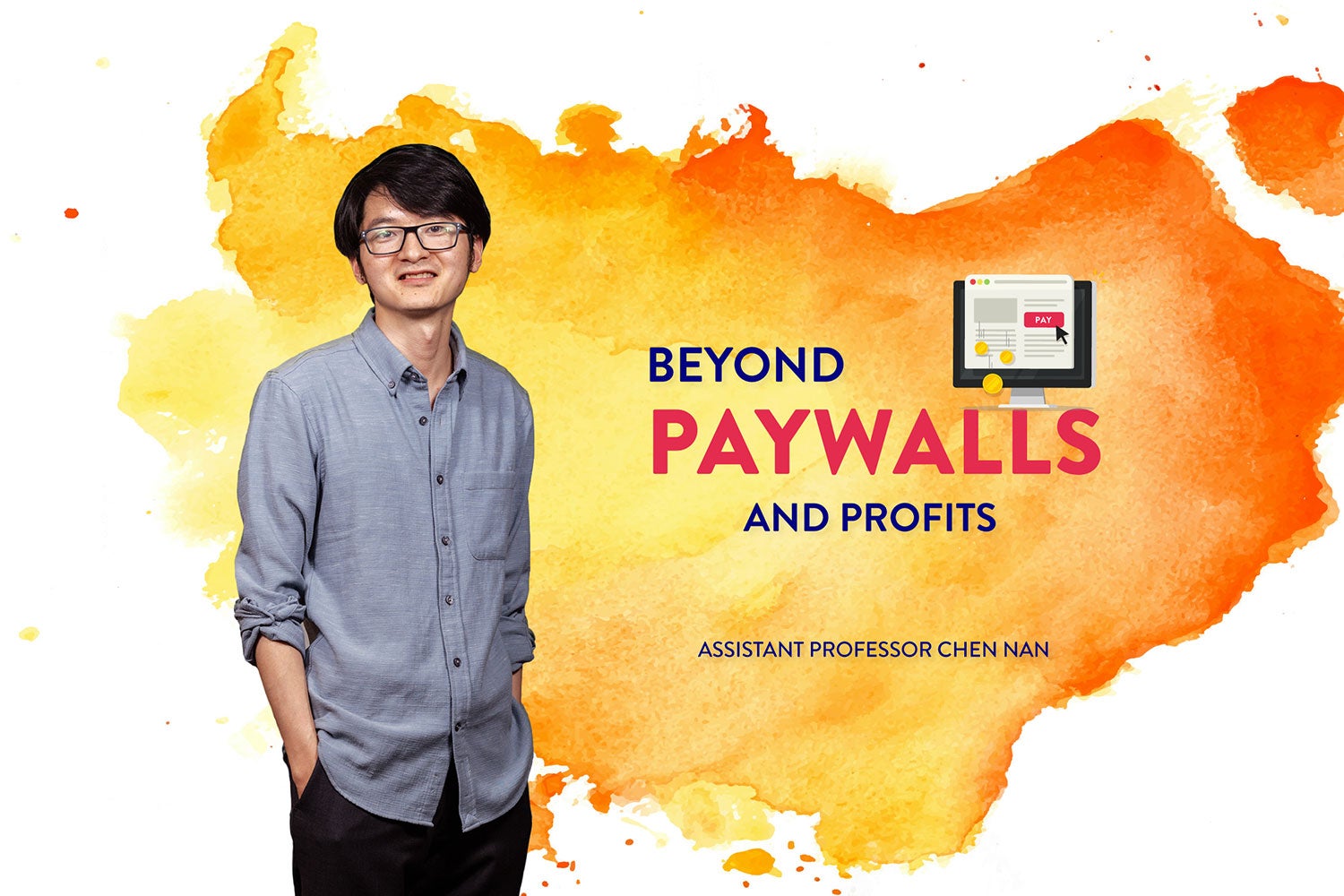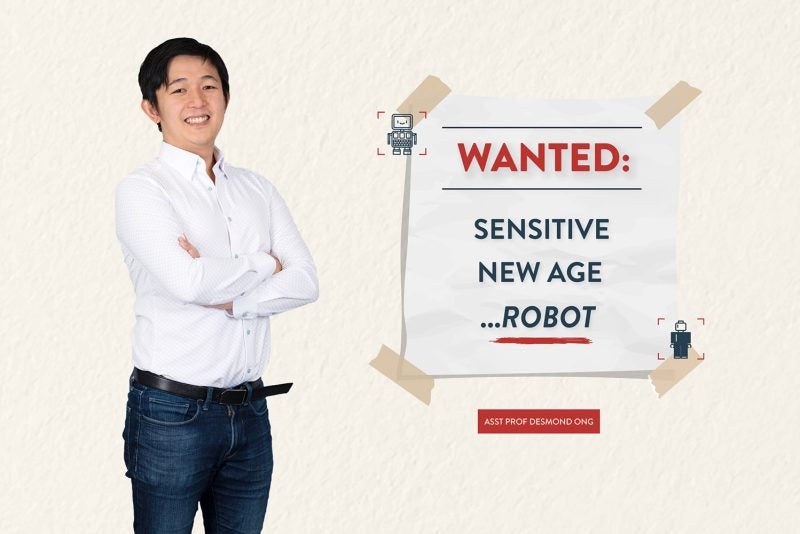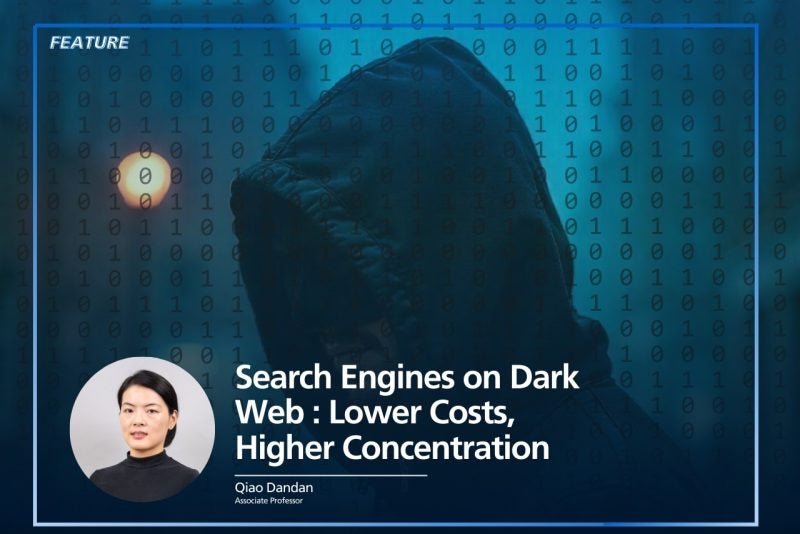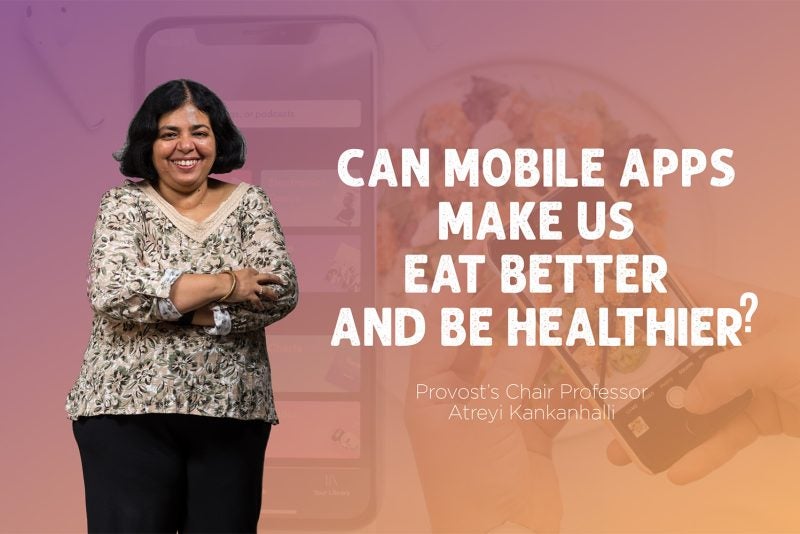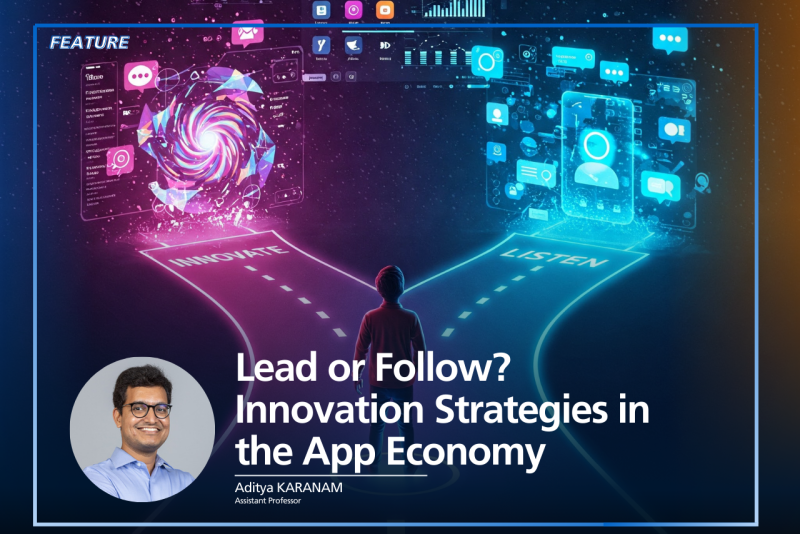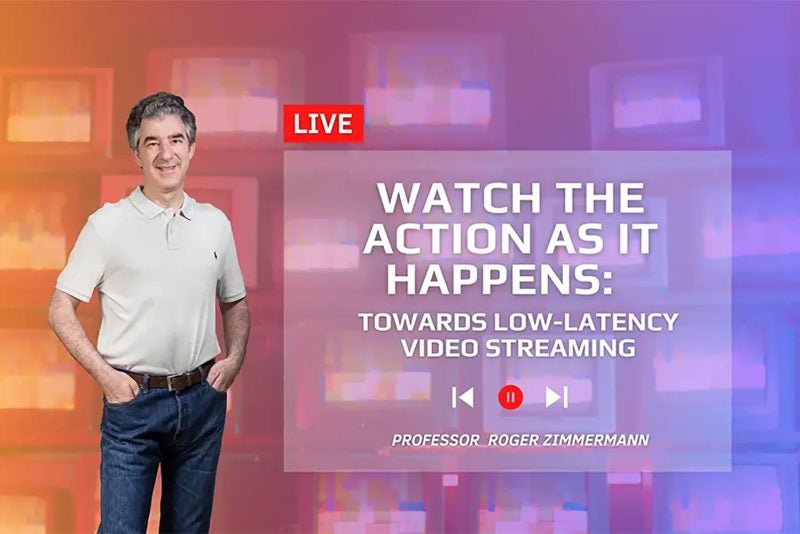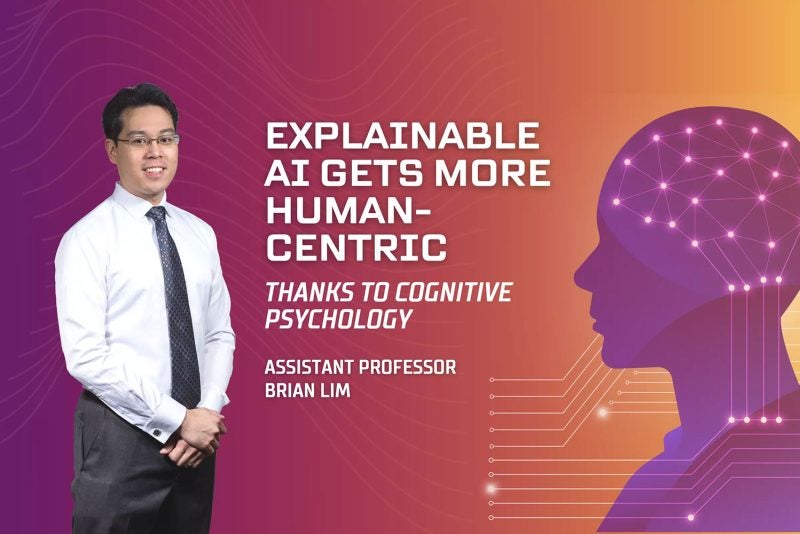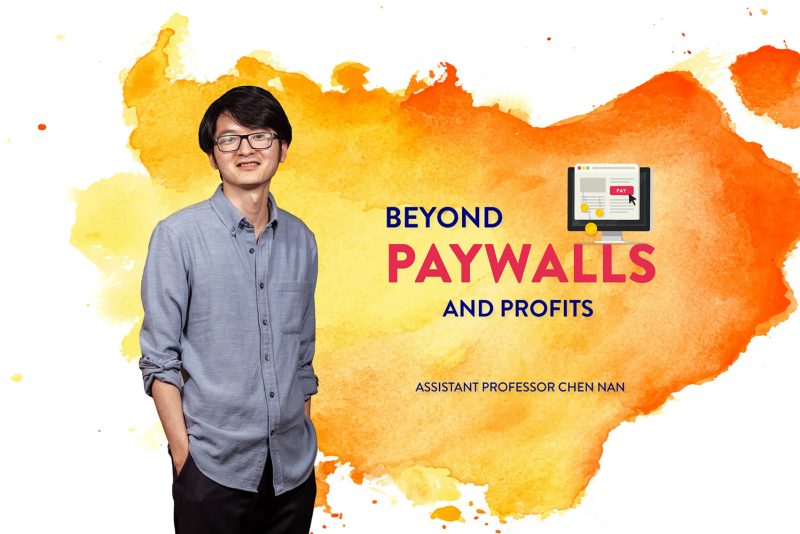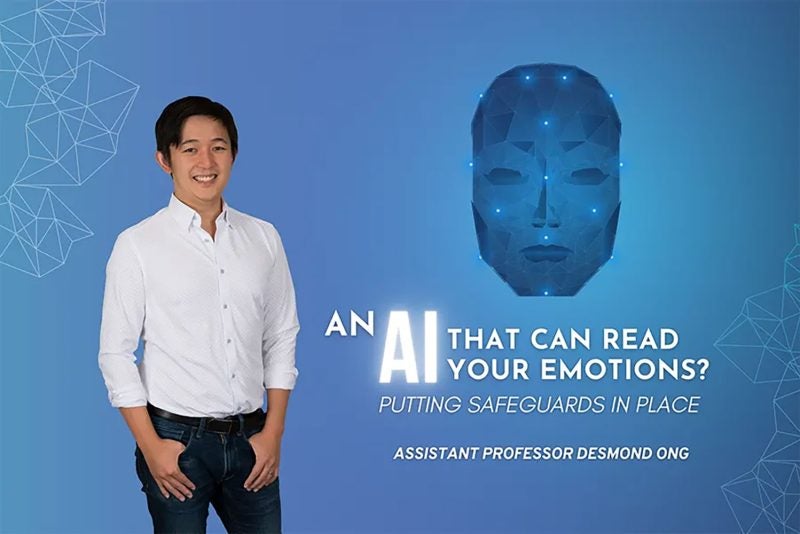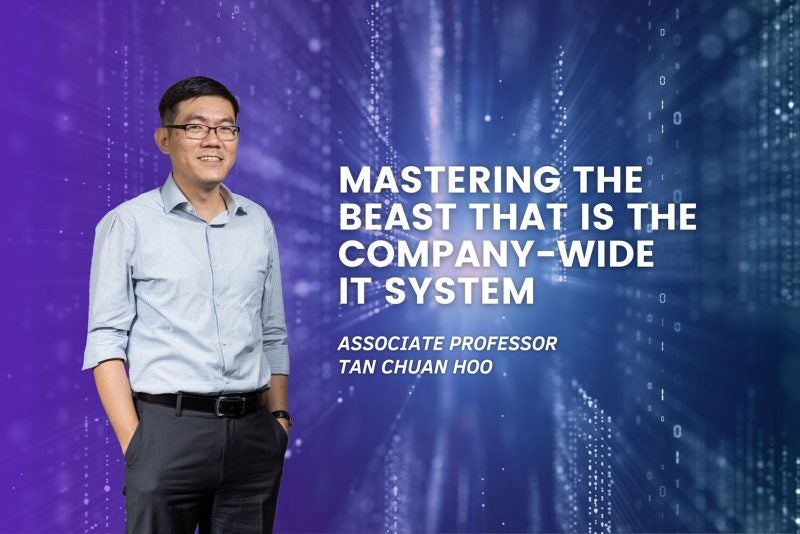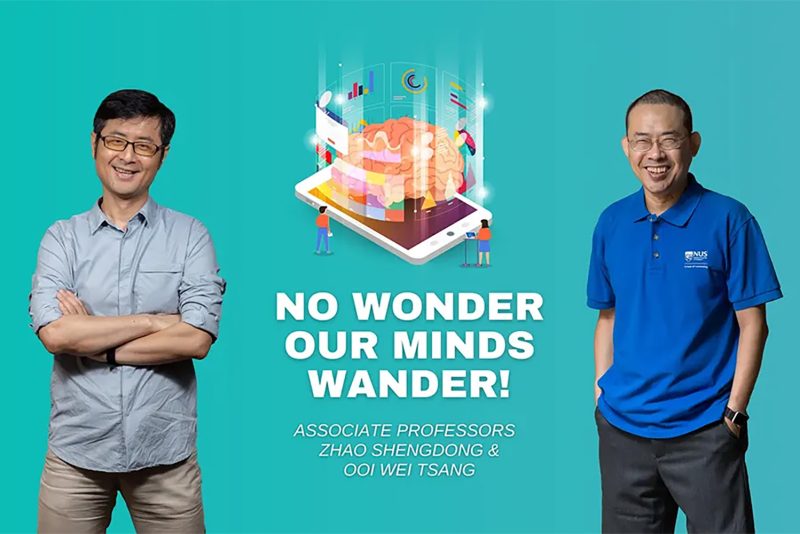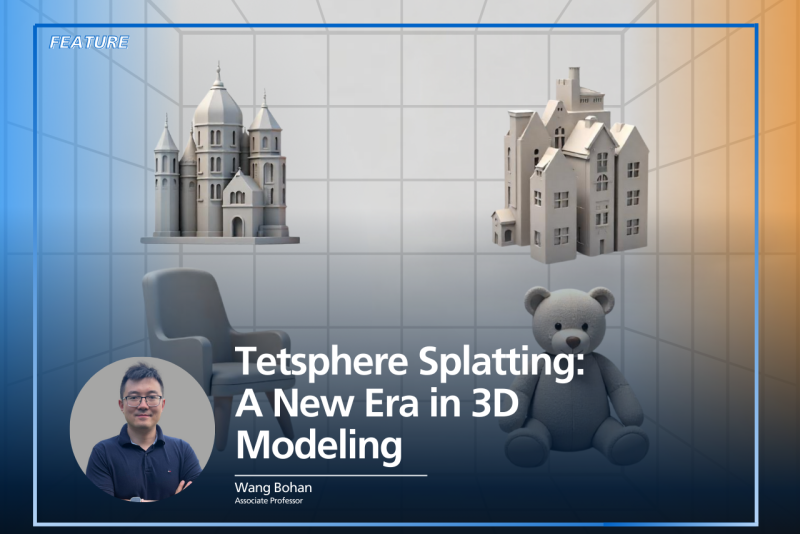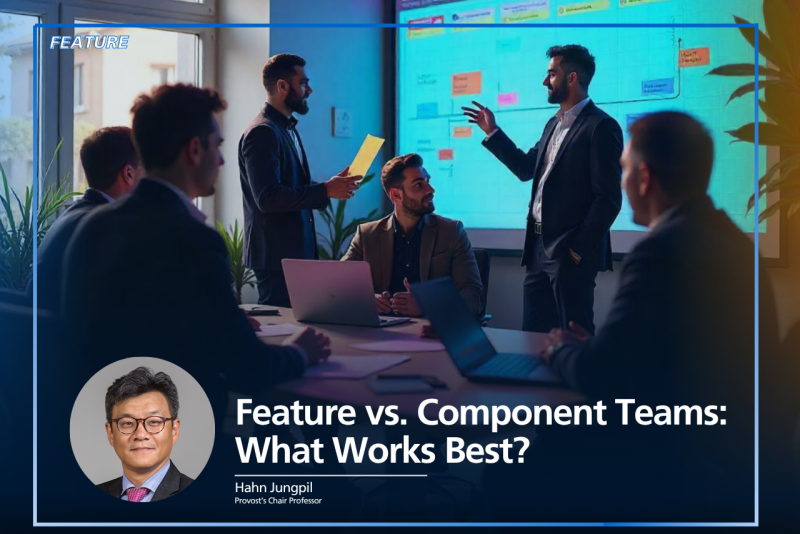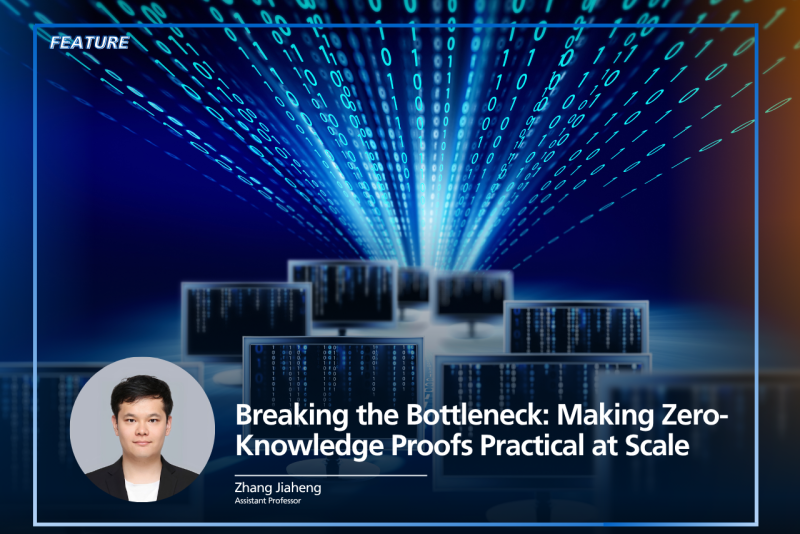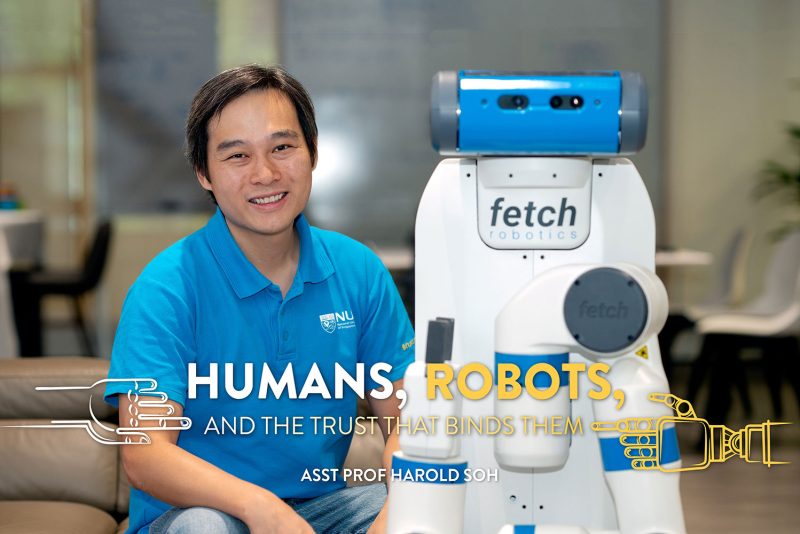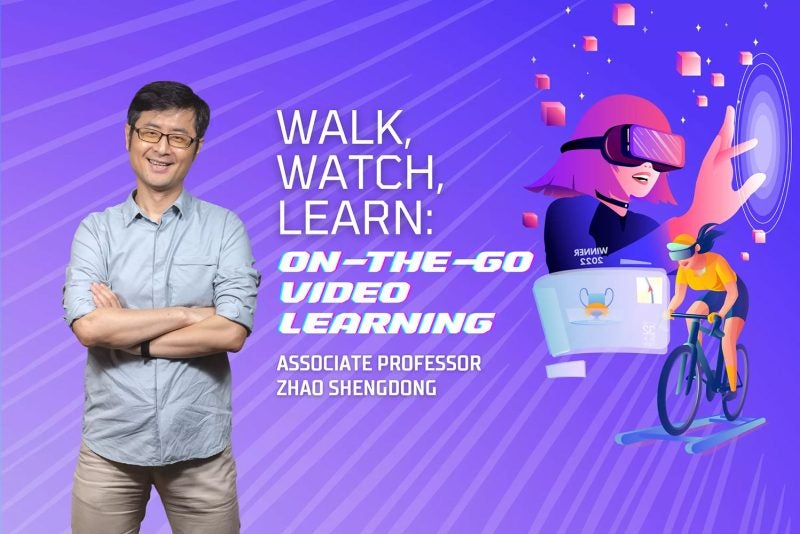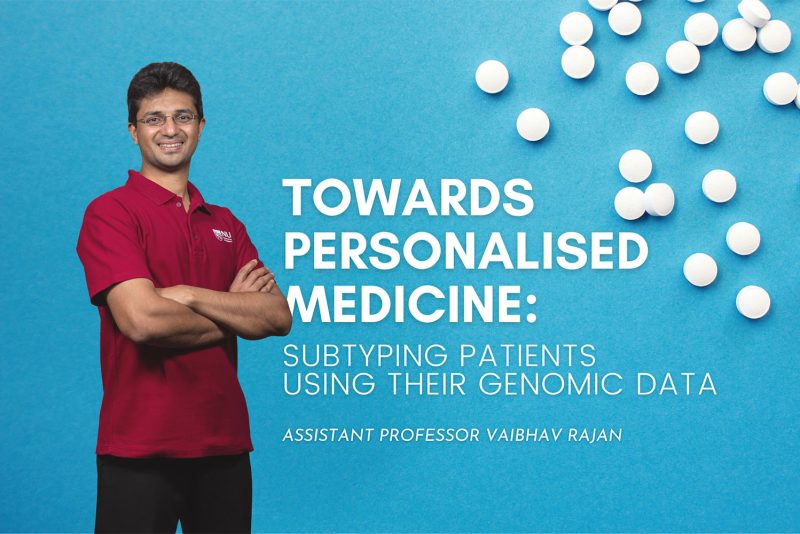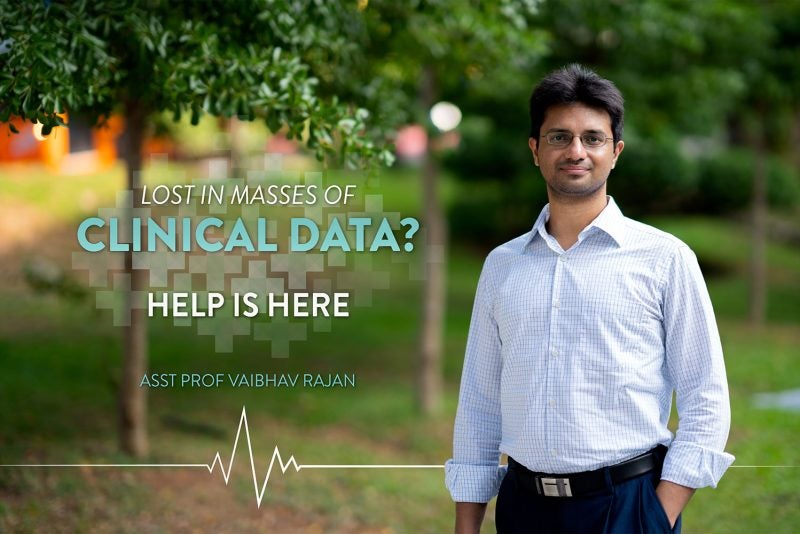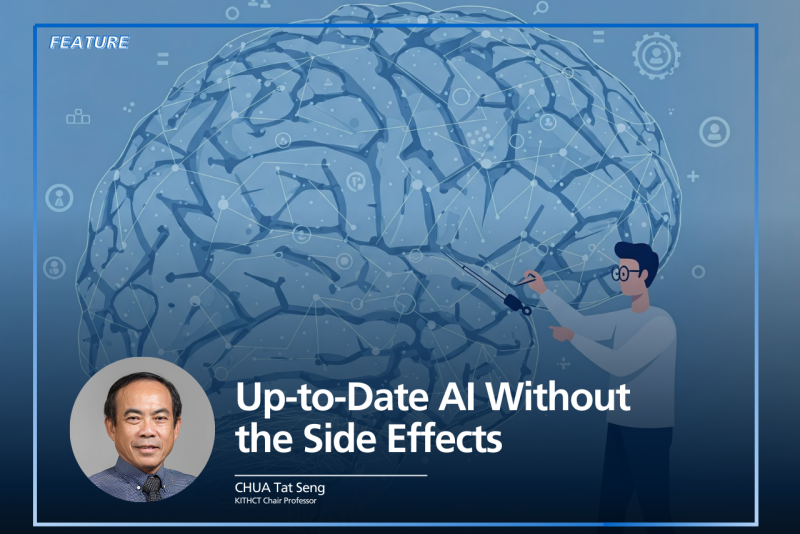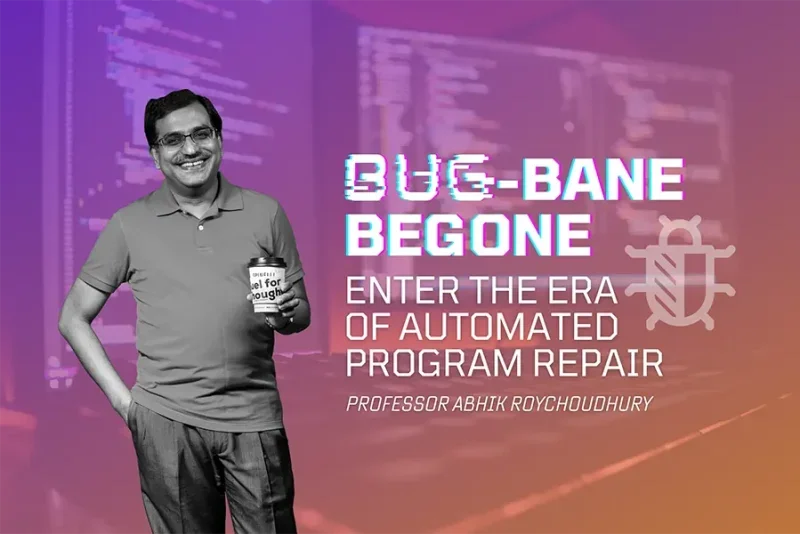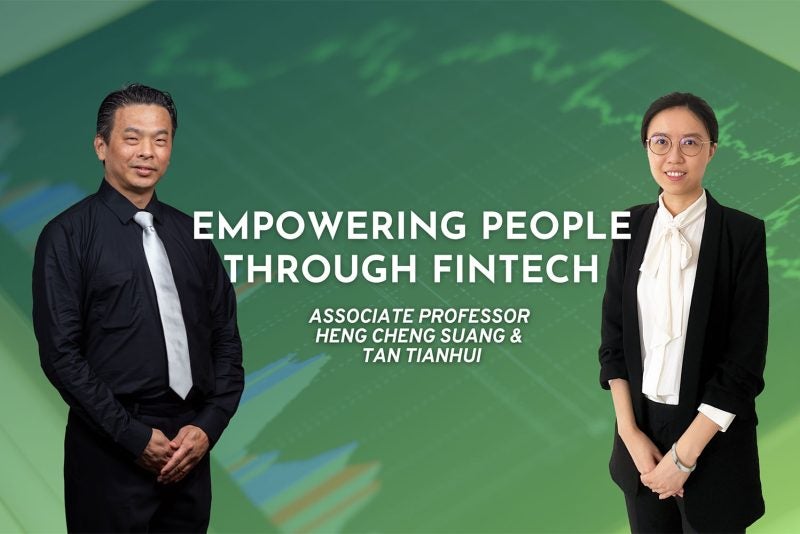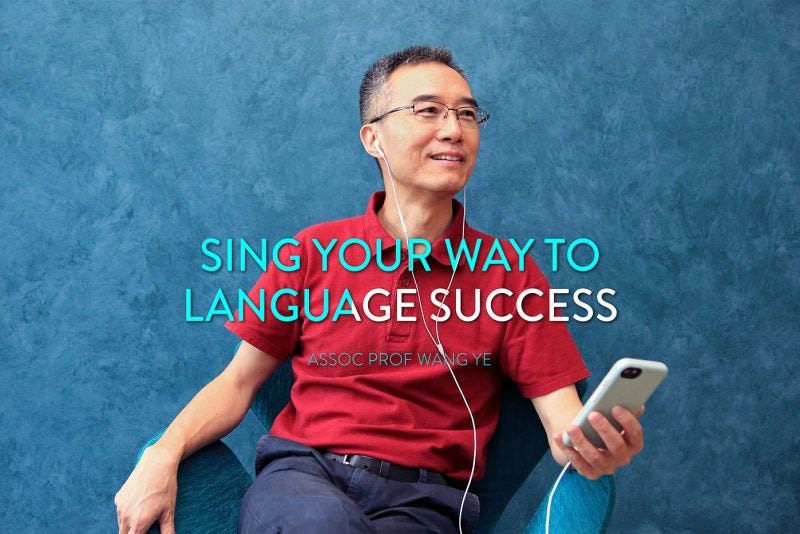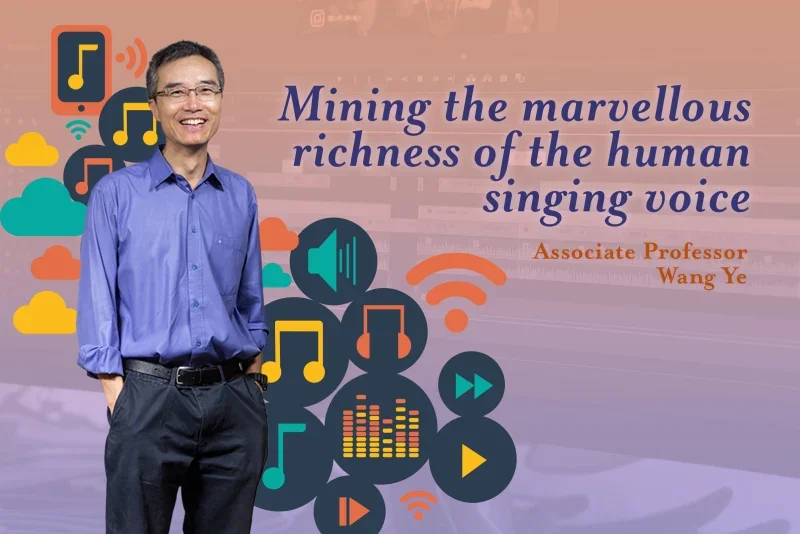In March 2011, the New York Times introduced a policy that would later be recognised as a milestone in media history. The newspaper, deemed one of the best in the world, declared that its online content would no longer be completely free — after the first 20 articles, readers would have to pay a small fee.
The move to introduce a paywall caused an uproar. The Times believed such a freemium model, offering a mix of free and paid content, was the way forward. The advent of the Internet drastically changed the nature of publishing and after the 2008 financial crisis, newspapers, including the Times, struggled to make money from advertising alone. They had to find a new profit-making avenue.
But naysayers proclaimed that readers, who they said had grown accustomed to conventional Internet wisdom that “information wants to be free”, would be reluctant to pay for something they read online. The Times quickly proved them wrong, amassing 324,000 digital subscribers just a year after the paywall was introduced. Today, that figure has grown to 5.7 million (despite the number of free articles offered dropping to five), with digital subscriptions raking in a revenue of US$146 million in the second quarter of 2020 alone. The Times’ success has helped to popularise paywalls — today, roughly seven in 10 newspapers operate some kind of paid subscription model.
“We now live in a digitised world where newspapers, music distributors, consulting companies, data broking firms, and so on sell information and data online,” says Assistant Professor Nan Chen at NUS Computing. “The issue is how do they sell this information and data?”
The answer is a complicated one, says Chen, who studies how consumers behave and the strategies firms take in digital markets. To convince buyers to part with their money, sellers have to first offer a free sample of their goods so that potential consumers can “verify the quality of the data and be convinced that they have valuable information,” he says.
The trick is finding the equilibrium point between free and paid content. “The seller has to make a tradeoff,” says Chen. Free information can help attract more customers, but offer too much and it will cut into your profits. Firms, therefore, continuously experiment with the optimal quantity of free versus paid content to offer.
Two things exacerbate this challenge further, says Chen. The first is competition between sellers and the second is consumers’ limited attention span in our information-saturated world. How do these factors influence selling strategy, he wondered.

A model
Chen delved into the problem at the start of last year, together with fellow NUS Computing professor Khim Yong Goh and then-PhD student Ding Li. Their aim was to use real-life data to create a mathematical model that would stimulate how consumers act in a competitive information market.
“We wanted to study how people like information buyers and newspaper readers behave,” explains Chen. “For example, how do they sample free information and decide which one to subscribe to.”
The researchers were also interested in examining how factors such as price and selling strategy influence a consumer’s decision to shell out money for content behind a paywall.
To build the model, the trio obtained data from iMaibo, a China-based online investment advisory platform (IAP) with more than four million users. iMaibo’s platform resembles that of Twitter, where numerous social media advisors — both amateur and certified ones — post real-time news, analysis, and investment advice related to the Chinese retail investor market. Consumers can view a limited number of ‘tweets’ from each advisor or seller (the exact number depends on the seller), before having to subscribe to the latter’s content on a daily, monthly, or quarterly basis.
Chen and his team gathered two years’ worth of data from iMaibo’s top 100 sellers — who together accounted for 81% of total content produced and 99.8% of paid tweets on the platform — to create their demand-supply model.
A nexus
The model led the researchers to some interesting findings. Most iMaibo consumers, they observed, usually visit only a small set of sellers each day. More than half would browse a single seller’s content, while 18% and 9% visit two and three sellers, respectively. And in the end, nine in 10 people subscribe to just one seller.
In addition, the number of tweets read daily by consumers tends to fall sharply — further proof of their limited attention. This short attention span could lead to a mismatch of what the consumer is seeking and the information he actually ends up with. However, information sellers may possibly benefit because “it may soften seller competition in the paid information market,” write Chen and his team in a paper published late last year.
“An information seller can tactically utilise free information to determine the intensity of competition he will face in the market of paid information,” they explain.
The team then turned to the factors that influenced a person’s decision to become a paid subscriber. They found that the more free tweets a seller offers, the more likely a consumer will visit his site. The more paid tweets a seller has, the more attractive his information appears, and the greater the number of paid subscribers he will have.
“From a platform owner’s point of view, the model helps to understand what the optimal price is and how to generate the highest revenue possible,” says Chen. “You can also think about whether free and paid information is good or bad, and how changing the equilibrium between the two affects the quality of information provided.”
“Should platforms restrict entry?” he asks. “Because the more sellers that enter the market, the more noise you have. But is more competition good or bad? That’s actually a very non-trivial question.”
“Ultimately, we want to add to the discussion on free versus paid information,” says Chen, “and how various pricing designs can affect consumer welfare.”
Paper:

